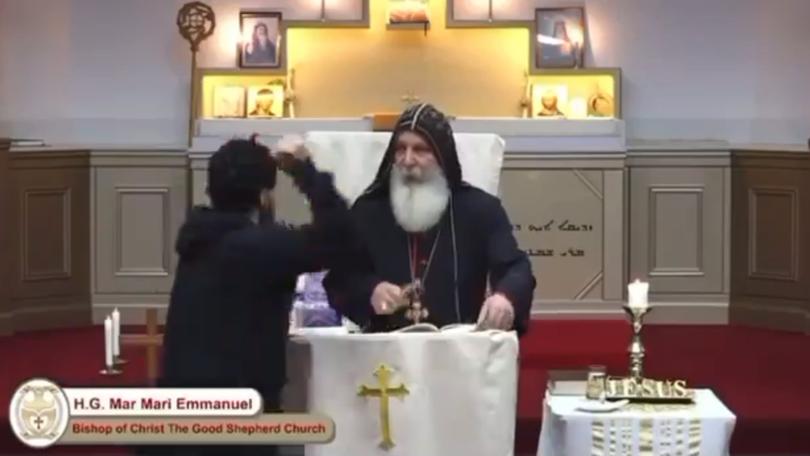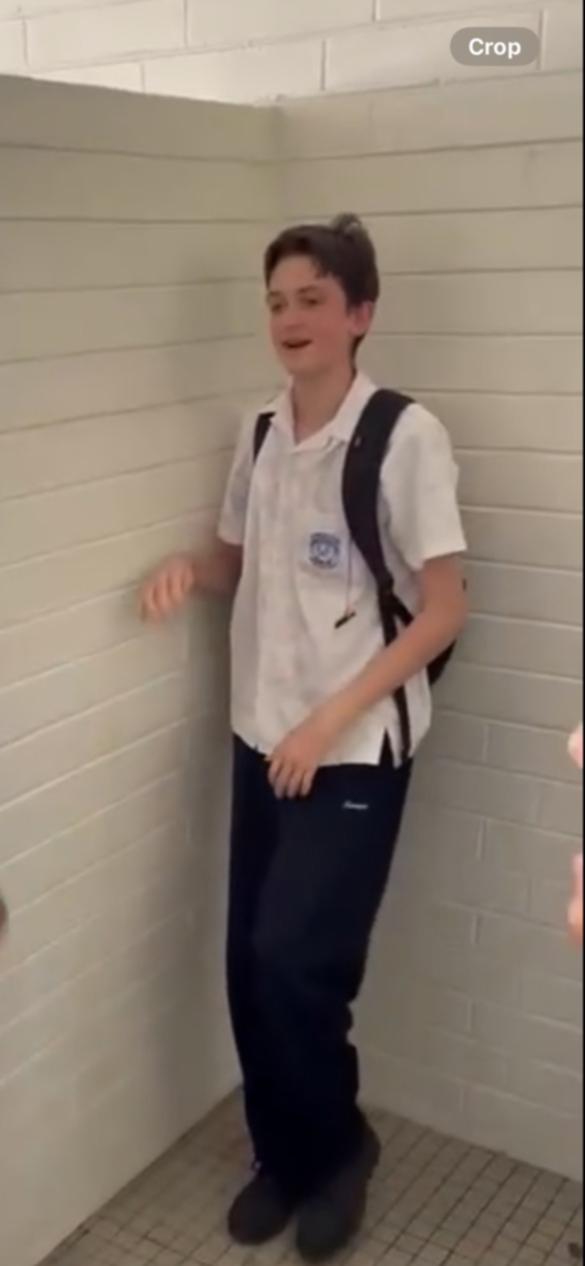Deradicalisation programs in limbo with no funding certainty in Federal Budget after 2024-25
The fate of the programs that target radicalised teens hang in the balance following Tuesday’s Federal Budget, after it was revealed there was no money earmarked for the programs beyond the next financial year.

The fate of the programs that target radicalised or soon-to-be radicalised teens hang in the balance following Tuesday’s Federal Budget, after it was revealed there was no money earmarked for the programs beyond the next financial year.
The Commonwealth Government’s deradicalisation programs are under scrutiny after revelations a 16-year-old Perth student who was fatally shot by police after he stabbed a man outside Bunnings on May 4 had been enrolled in a deradicalisation program.
Federal Budget papers on Tuesday revealed an uncertain future for the Government’s Countering Violent Extremism initiatives — with no funding allocated beyond the 2024-25 financial year.
Sign up to The Nightly's newsletters.
Get the first look at the digital newspaper, curated daily stories and breaking headlines delivered to your inbox.
By continuing you agree to our Terms and Privacy Policy.Each CVE initiative is designed to reduce the risk of violent extremism across Australia, targeting both high-risk violent extremists and individuals who are at-risk of being radicalised — including young people.
WA will receive $500,000 for its High Risk Extremist Deradicalisation Program, which aims to deradicalise high-risk violent extremists in custody and the community, and $748,000 for its Living Safe Together Intervention Program, which offers “tailored intervention” for those at risk of radicalisation.
The West Australian understands that future funding for the programs will be considered as part of next year’s Budget process.
But it remains unclear whether there is any funding certainty for the programs moving forward.
Home Affairs Minister Clare O’Neil’s office would not answer questions on whether the Government was shutting down the programs or whether it should be allocating more funds towards combating extremism.

Police Minister Paul Papalia, who oversees WA’s CVE programs, would not weigh in on whether the Federal Government should put more money into the anti-extremism initiatives.
“The State Government welcomes Federal support for the national Living Safe Together Intervention Program,” he said.
The funding question mark comes after two recent high-profile terror attacks in Australia.
On April 15, Bishop Mar Mari Emmanuel of the Christ The Good Shepherd Church in Sydney was stabbed in an alleged terror plot by a 16-year-old teenager.
Six teens aged between 14 and 17 were charged with terror offences following the alleged attack.
Less than three weeks later, another 16-year-old teen — who The Nightly is choosing to identify only as James — was fatally shot by police after stabbing a man and charging officers with a knife at a Bunnings carpark on May 4.
It was later revealed James had been known to police for two years after being identified as at-risk of radicalisation and subsequently enrolled in a deradicalisation program.
Authorities are also warning of the increased risk of online radicalisation.
Australian Federal Police Commissioner Reece Kershaw last week said young people were most vulnerable.
“Since July 2021, we’ve had more than 20 individuals that were 17 years old or younger — so that is a concern to us — and the youngest being 11 years old,” he told Radio 2GB last Tuesday.
And ASIO boss Mike Burgess said last month that the radicalisation of minors was firmly on his agency’s radar.
“There’s been a growing number of minors in our counter-terrorism caseload,” Mr Burgess told the National Press Club.
“That did peak a couple of years ago to 50 per cent of our counter-terrorism caseload. It dropped off again for a while but it has picked up again. They are a vulnerable cohort.”
